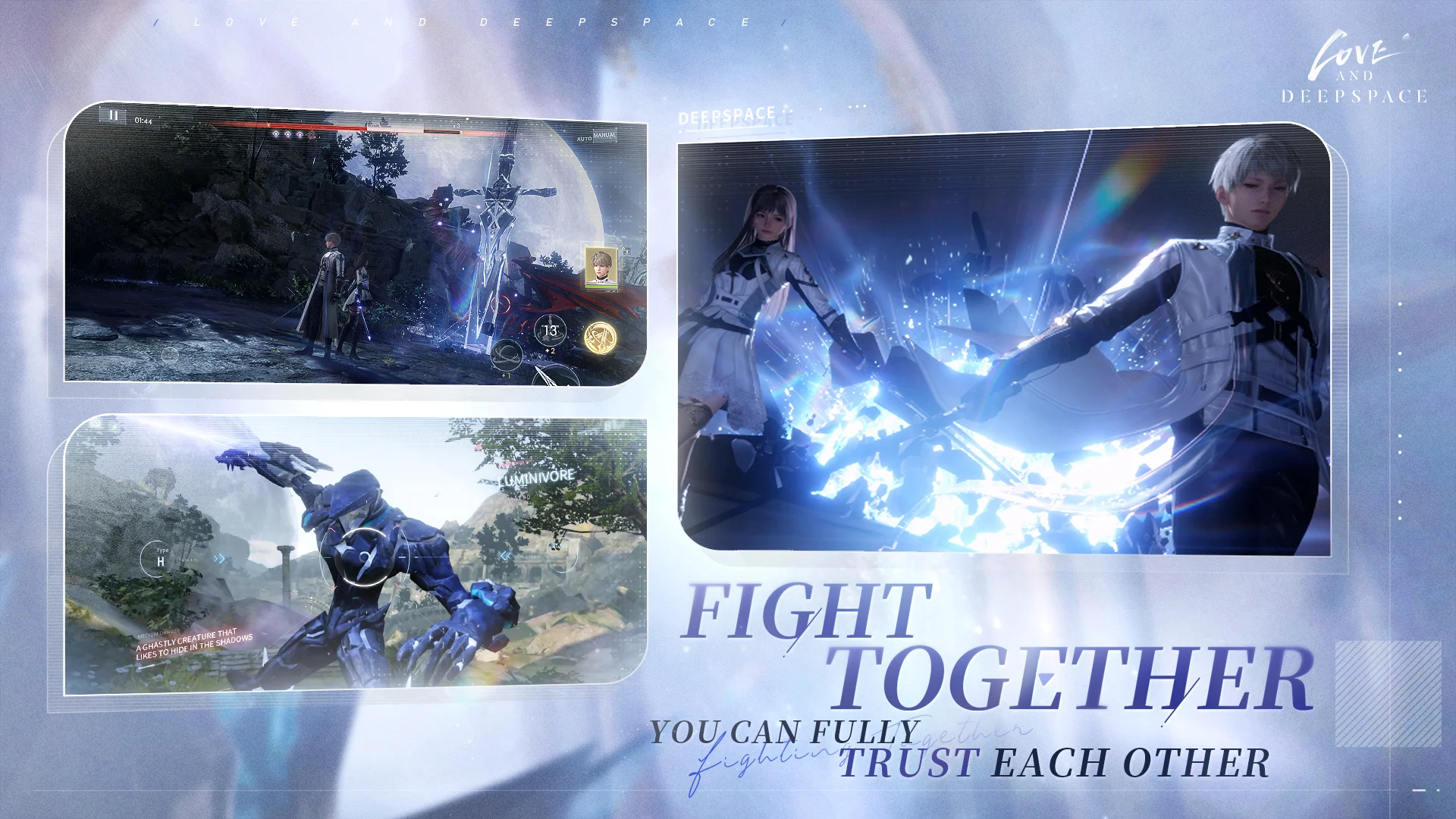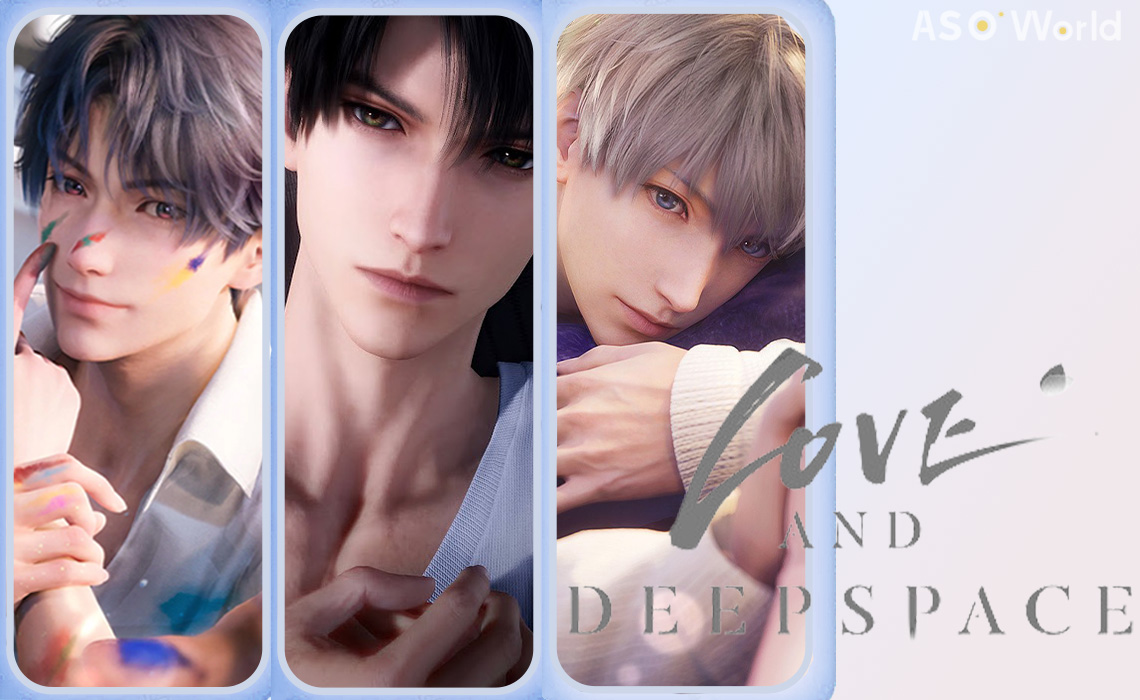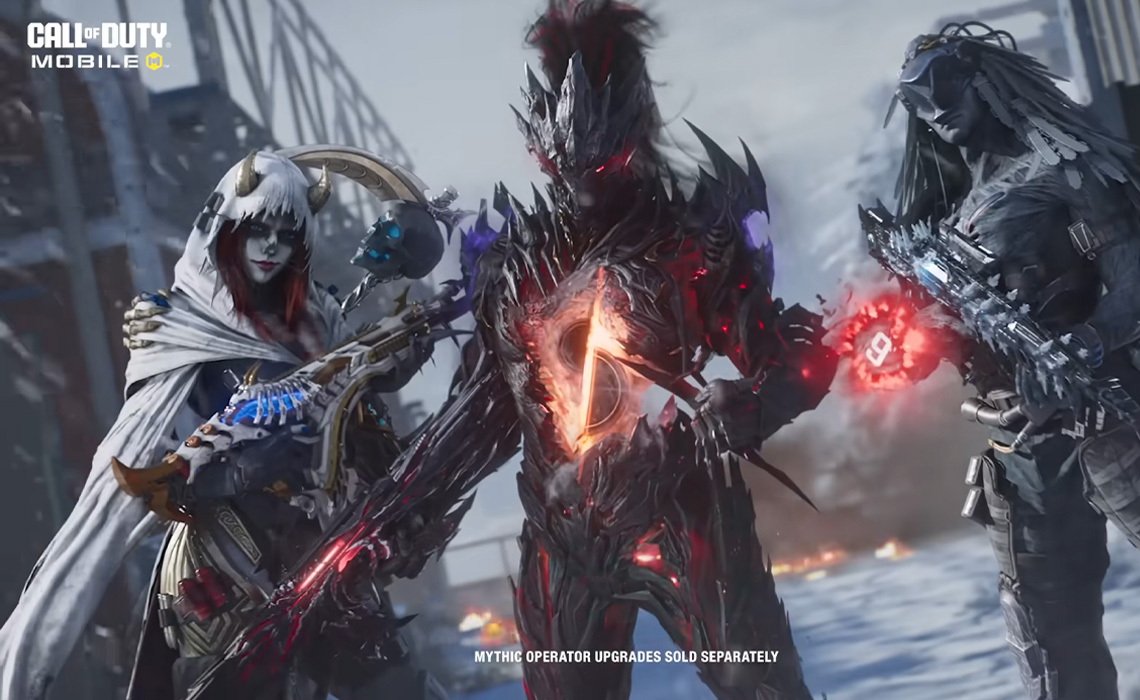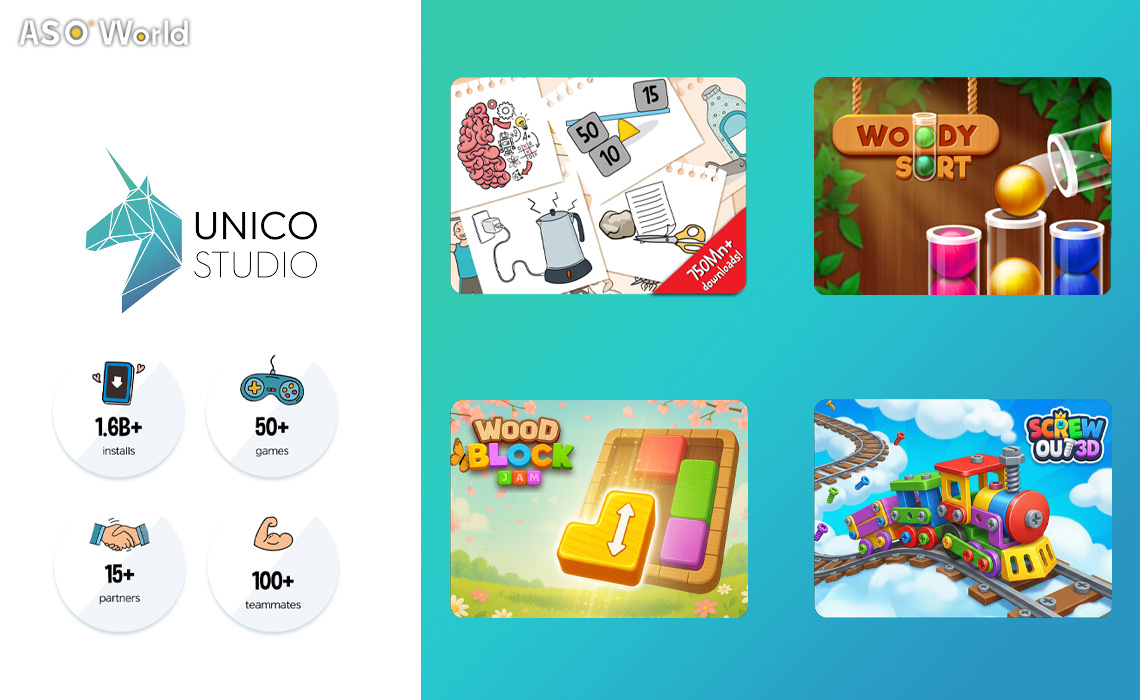January 2024 saw the rise of "Love and Deepspace," an innovative game blending dating sim elements with dynamic combat, providing a deeply immersive experience with its anime art style and customizable characters. Released by Nikki Company from China, this title quickly claimed the second spot on the game download charts, reflecting the growing appetite for character-centric anime games in markets worldwide, including the US.
Since its launch, "Love and Deepspace" has amassed over 9.2 million downloads and has seen substantial financial success, with consumer spending exceeding $12.7 million globally. The game has particularly excelled in Japan, leading the download charts and showing strong performance across other major markets - China, Taiwan, the United States, and Hong Kong.
In anticipation of the game's release, key figures from the development team sat down for a revealing interview alongside representatives from Infoldgames and Otomate, two of the most prominent otome game developers.
This article encapsulates their insights on "Love and Deepspace" and the otome genre at large, aiming to shed light on the nuances of developing games that resonate with fans and succeed commercially. These insights are poised to guide developers in crafting narratives and gameplay that captivate the hearts of players around the world.
The Essence of Otome Game Development: Insights from "Love and Deepspace"
The development team of "Love and Deepspace" have divulged their approach to creating pivotal moments that resonate emotionally with players in otome games. They emphasize the importance of delving into profound relationships between characters, mirroring the complexities found in real-life connections.
The team strives to weave emotional depth into the narrative, allowing it to emerge gradually or reconnect threads from characters' pasts. They find particular narrative satisfaction in themes such as long-separations, formative childhood bonds, or the poignant rediscovery of a once-lost acquaintance. By integrating these elements, they aim to craft a story that not only engages players but also evokes a genuine emotional response, akin to the experience of uncovering layers of intimacy in genuine human interactions.
Love and Deepspace is now available on vision pro.
Love and Deepspace | Coming on Vision Pro
— Love and Deepspace (@Love_Deepspace) February 3, 2024
Love and Deepspace Vision Pro version has officially been greenlit! Love with you, beyond time and space.
"Love and Deepspace" is committed to offering an increasingly immersive romance experience. As technology advances, one day, he… pic.twitter.com/Ol6Z3gMzgD
Building Connections with Characters
Liz from Infoldgames, a member of the development team, emphasizing the importance of establishing connections with characters. She believes that the process of building these connections is pivotal. Moments such as traveling with a boyfriend and friends, encountering different people in various places, and gradually building relationships are where unique memories between the player and the characters are created. The more players go through these high-quality, rich experiences, the more immersed they become in the game world, leading to deeper emotional attachments to the characters.
Liz trusts that "tokimeki" (heart-throbbing) moments akin to real-life romantic experiences will naturally emerge from this process. Infoldgames has considered pursuing everyday details in character interactions, believing that portraying these authentically can enhance the sense of immersion.
Challenges and Innovations in Game Development
The development process of "Love and Deepspace" has not been without its challenges. Fujisawa from the development team discusses the emotional aspect of crafting an otome game, which involves considering the balance of "sweetness" in the content to ensure it resonates with the female audience without losing the essence of an otome game. He emphasizes the importance of maintaining an appropriate "otome circuit" throughout the development process.
Liz echoes the sentiment of facing challenges, noting that embracing new challenges is inherently risky. The team often undergoes extensive exploration, and failure is part of the process. For example, they encountered difficulties such as achieving high-end 3D visual effects within the storage limitations of mobile applications and balancing the light-hearted daily life and battle training systems. These challenges required multiple revisions and rework to achieve optimal results.
Mo, the director of "Love and Deepspace", adds that maintaining a 3D first-person perspective was a significant challenge. The team invested considerable effort into the app's capacity, high-quality graphics, and system engine. They also had to redo the game multiple times to maximize the sense of realism that a first-person perspective offers, even on vertical mobile screens.
Localization and Global Reach
The game's global release posed another set of challenges, particularly in terms of language support. The team went to great lengths to localize character dialogues, record their voices in various languages, and adjust the mouth movements to match the spoken language, ensuring a realistic experience for players.
⭐ ASO Expert Tips: App localization is crucial for global reach. ASOWorld offers professional ASO services to optimize your app's visibility and performance across diverse markets.
Breaking Conventions with "Love and Deepspace"
Liz discusses the bold move of incorporating a unique battle system into "Love and Deepspace." The decision was driven by the desire to offer players scenarios where they could fight alongside their loved ones, facing challenges and crises together, thereby enriching the romantic experience.
Future of Otome Games in Japan and China
Sato from Otomate sees a bright future for the otome game market in Japan, with Otomate's titles selling well globally, thanks to the Nintendo Switch platform. Otomate is committed to further promoting its products worldwide and is willing to travel anywhere to do so.
Ai zi from Infoldgames notes that their focus has shifted from the market to the players themselves. They observe that while cultural differences exist between regions like China and Japan, players share common demands for proximity to characters and a sense of immersion. The high level of immersive gameplay in "Love and Deepspace" has been well-received by players in both countries.
The global synchronous release of otome games is still a new challenge, with the team striving to overcome cultural barriers while providing unique romantic experiences that meet the needs of a global audience.




